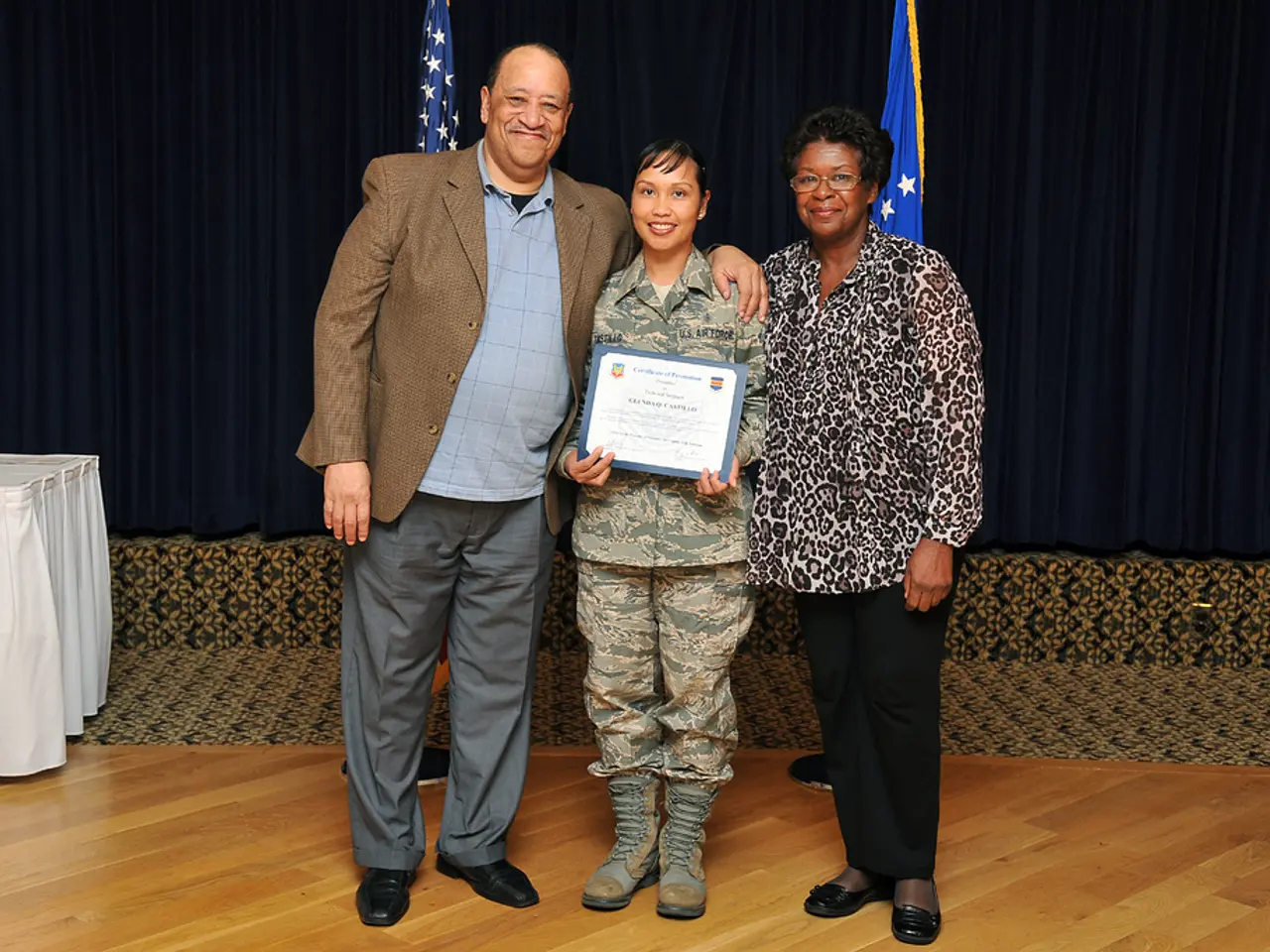Mediators Gathering for Knowledge Sharing at Neersen Castle
In a meeting held at the historic Schloss Neersen, local authorities gathered to discuss ways to support the role of honorary magistrates in resolving neighborhood disputes.
Attendees included Stephan Adams, the responsible municipal department head, as well as several honorary magistrates from the surrounding districts. Among them were Klaus Roosenboom (Neersen), Ulrich Liebscher (Willich), Eva Peters (Anrath), and Hartmut Weege (Schiefbahn). Christian Tenhofen, a judge at Krefeld's local court, was also present.
Honorary magistrates in Germany, also known as ehrenamtliche Richter, are lay judges who participate voluntarily in courts. They often help adjudicate minor civil, family, and neighborhood disputes, bringing community perspectives and promoting social harmony. In the context of neighborhood disputes, their role typically involves mediation and adjudication in property boundary conflicts, noise complaints, and other local civil issues, providing an accessible alternative to formal litigation.
The benefits of honorary magistrates are numerous. They bridge the gap between formal law and community standards by incorporating local knowledge. They reduce the workload of professional judges and accelerate dispute resolution. They enhance public trust in the judicial process by involving lay citizens. Lastly, they allow cost-effective, amicable settlement of disputes, limiting escalation.
The meeting in Schloss Neersen focused on exploring ways to further support the honorary magistrate position. Christian Tenhofen, the deputy director responsible for the appointment and professional support of the honorary magistrates in the district, led the discussion. The group discussed the importance of social competence, the ability to listen, and the capacity to mediate in the exercise of the conciliator's role.
While no specific case study on Willich, Schloss Neersen, was found, it is common for local honorary magistrates in small German towns or cities to engage in community dispute resolution through Amtsgericht sessions or community mediation programs. They often use historic or cultural venues, such as Schloss Neersen, for meetings or alternative dispute resolution events.
Mayor Christian Pakusch regularly invites honorary magistrates from the four districts for a conversation. Dominik Schulze from the general order team serves as a contact person for specialist questions and support in the exercise of the honorary activity. Honorary conciliators also play a crucial role in easing the burden on the courts by resolving conflicts quickly and cost-effectively.
In summary, honorary magistrates in Germany support neighborhood dispute resolution by providing community-based adjudication and mediation, improving judicial access and trust. Specific detailed information on Willich or Schloss Neersen's role in this context requires consulting local German municipal or court records, legal studies, or community mediation reports not included in these search results.
- Stephan Adams, willing to reinforce the role of honorary magistrates, discussed potential strategies at the meeting in Schloss Neersen.
- To promote social harmony, honorary magistrates across Germany willingly engage in community politics, acting as mediators in general-news worthy neighborhood disputes.







